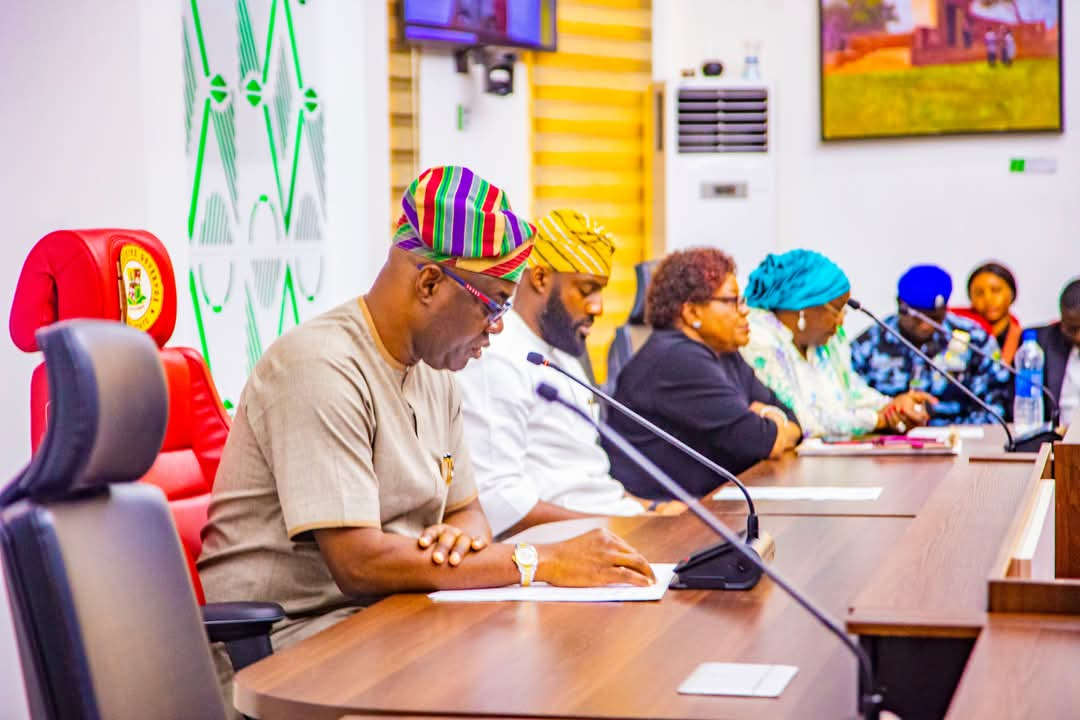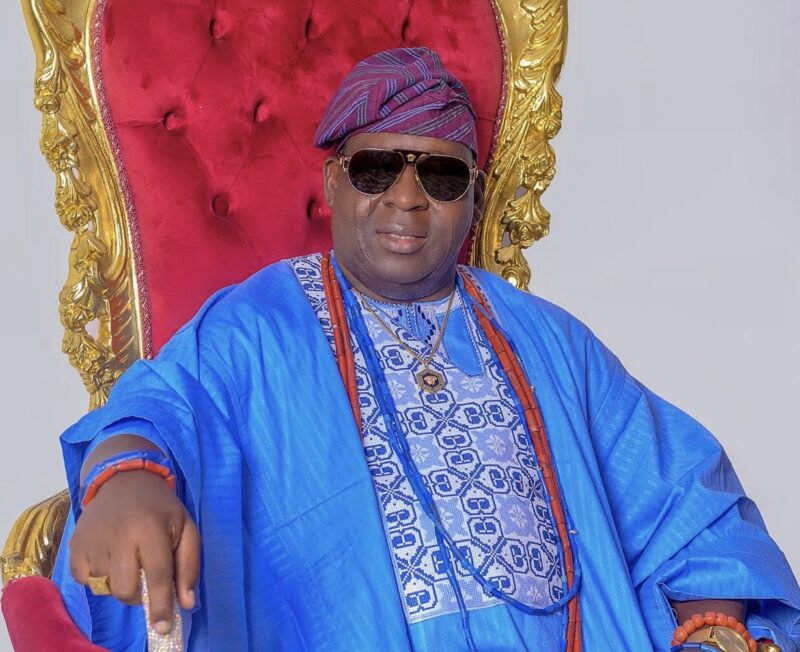Education is one of the most critical sectors in Nigeria, shaping the future of millions of children. The decision of where to send a child to school is a crucial one for parents, with the primary options being private and public institutions. Each option presents its own set of benefits and challenges, influenced by factors such as cost, quality of education, facilities, and accessibility. Understanding the pros and cons of both private and public schools can help parents make an informed choice that best suits their child’s needs and the family’s circumstances.
Private schools in Nigeria have seen tremendous growth, particularly in cities and more affluent regions. These schools are often regarded as a superior alternative to public education, with many offering a structured, disciplined, and well-resourced learning environment. Private schools are known for their modern facilities, which often include well-equipped classrooms, laboratories, libraries, and recreational spaces. The availability of these resources ensures that students receive an enriched learning experience, with access to the latest technologies and learning aids.
One of the major advantages of private schools is the lower student-to-teacher ratio. In smaller classes, teachers can focus more on individual students, offering personalized attention that helps students grasp concepts better and thrive academically. Additionally, private schools offer a wide variety of extracurricular activities, ranging from sports to arts and clubs, which contribute to the holistic development of students. These activities help children build essential life skills, such as teamwork, leadership, and time management, preparing them for both professional and social challenges.
Another notable advantage of private schools is their flexibility in curriculum. Many private institutions offer international programs such as the British or American curricula, which give students an edge, especially those looking to pursue higher education abroad. This flexibility allows private schools to adapt to global educational trends and provide a more diverse and competitive academic experience.
However, private schools also have their downsides, starting with the significant financial burden they impose on families. Tuition fees in private schools are often high, making them unaffordable for a large portion of Nigeria’s population. In addition to tuition, parents may also need to cover extra costs such as uniforms, textbooks, and fees for extracurricular activities, making private education a costly endeavor. Furthermore, private schools in Nigeria often operate with less government oversight, which can lead to inconsistent standards in educational quality. Some private schools may not meet the required benchmarks, and parents need to be diligent in selecting a school that aligns with national or international standards. Additionally, many private schools are located in urban areas, limiting access for families in rural or less affluent regions. This disparity creates a gap in educational opportunities between the rich and poor.
On the other hand, public schools in Nigeria serve the majority of the population and are funded by the government. The most obvious benefit of public schools is their affordability. Public education is either free or available at a very minimal cost, which makes it accessible to families from all economic backgrounds, particularly those in lower-income groups. This accessibility ensures that children across the country, regardless of their financial status, can receive a basic education.
Public schools are also widespread, with institutions found in both urban and rural areas. For many families in remote regions, public schools are the only option for formal education. Another advantage is that these schools receive government funding, which theoretically ensures that resources like teachers’ salaries, textbooks, and other necessary materials are covered.
Despite these benefits, public schools in Nigeria face significant challenges. The quality of infrastructure in many public schools is poor, with many buildings in dire need of repairs or maintenance. Overcrowding is a major issue, with some classes containing over 50 or even 100 students, making it difficult for teachers to manage classrooms and provide effective instruction. This overcrowding also leads to a less personalized learning experience, where students struggle to receive the attention they need to excel academically.
Public schools also suffer from a lack of resources. In many cases, there are insufficient textbooks, laboratory equipment, and teaching materials. Teachers in public schools are often underpaid, leading to low morale and, at times, frequent strikes. These strikes disrupt the academic calendar, causing students to lose valuable instructional time. As a result, students in public schools tend to perform lower on national exams compared to their counterparts in private schools. In some rural areas, public schools may struggle to meet even the most basic academic standards.
When comparing private and public schools in Nigeria, the differences often revolve around quality, cost, and accessibility. Private schools offer a more structured environment, better resources, and more extracurricular activities, but they come with high fees and are less accessible to the majority of the population. Public schools, while accessible and affordable, suffer from overcrowding, inadequate resources, and inconsistent academic performance.
Ultimately, the choice between private and public schooling depends on a family’s financial capacity and the specific needs of the child. For those who can afford it, private schools offer a more premium education with access to global curricula and smaller class sizes. However, for the majority of Nigerian families, public schools provide an essential service, offering the opportunity for basic education despite financial and resource limitations. The decision should always be guided by the family’s circumstances and the child’s individual needs.
In conclusion, both private and public schools in Nigeria have their own set of strengths and weaknesses. Private schools excel in providing better facilities and more personalized attention but are expensive and often out of reach for many. Public schools, though more accessible, face challenges in terms of infrastructure and quality. Parents must carefully weigh these factors to decide the best educational path for their children.














